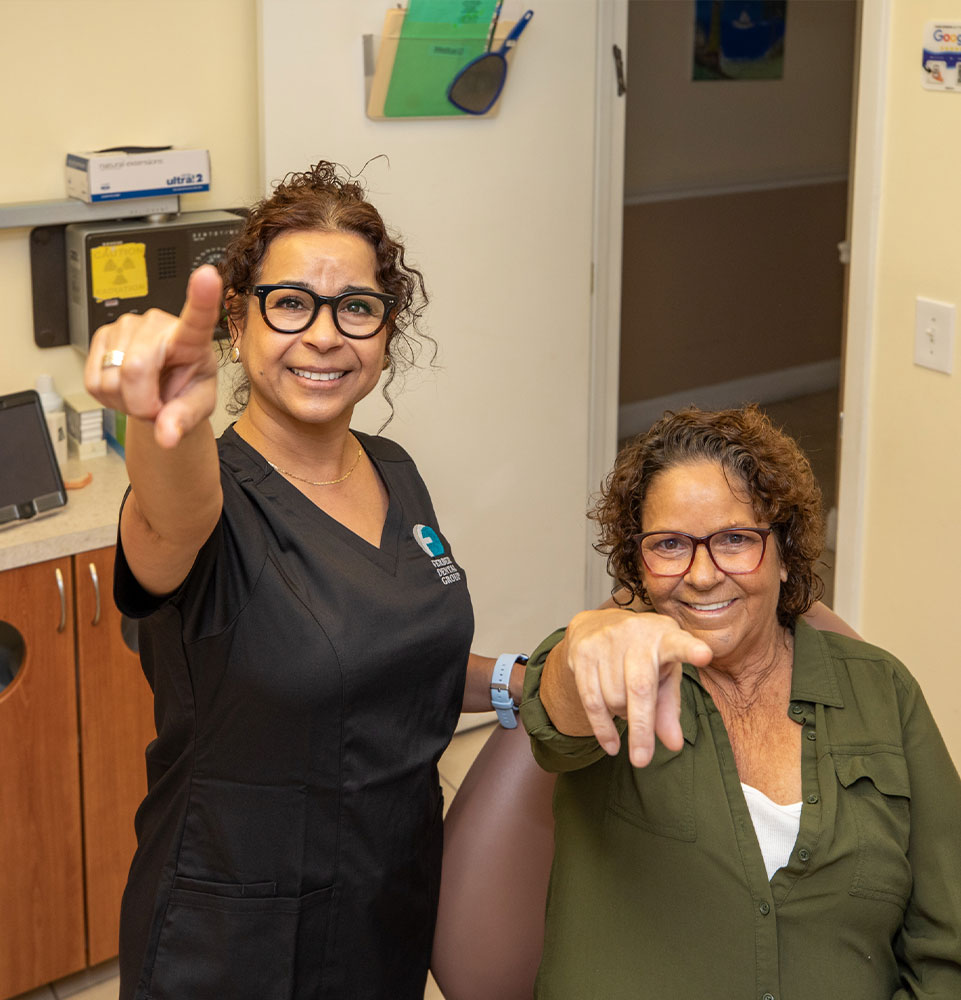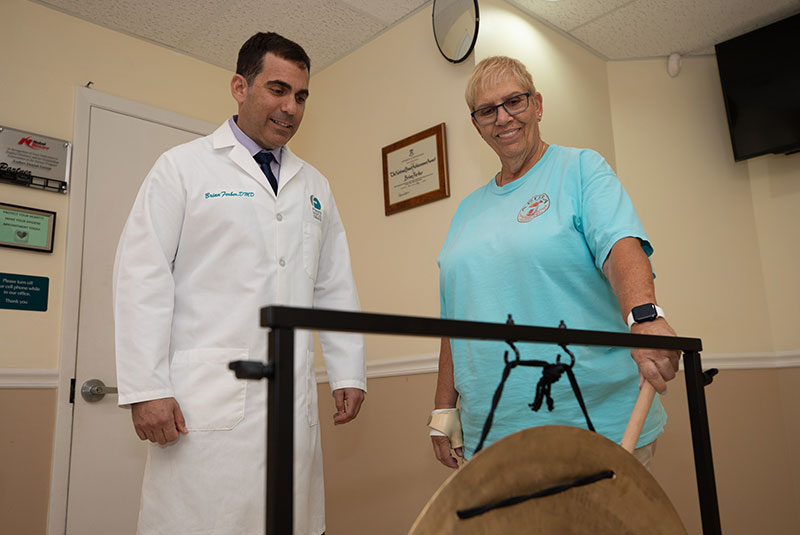Sedation Dentistry - Greenacres, FL
A Calming Solution
to Dental Stress

Dental Anesthesia
Makes Dentistry Simple
Dental anxiety affects countless individuals across the United States, causing apprehension due to the sensory aspects of dental visits. If this fear hinders your essential procedures, dental concerns are no longer necessary. Ferber Dental Group specializes in sedation dentistry in Greenacres, FL, providing a solution to your dental anxieties.
Our dental anesthesia services are designed to facilitate your necessary treatments and enhance your experience. Sedation dentistry proves particularly valuable for intricate procedures like dental implant surgery, erasing your fears and ensuring a seamless and comfortable time in the dental chair.

Could You Benefit
from Dental Anesthesia?
- Fear of going to the dentist
- Low pain threshold
- Dental anxiety
- Sensitive gag reflex
- Multiple or complex treatments
Customized Solutions
for Personalized Peace

Don’t Put Off
the Care You Need
For people worldwide, sedation dentistry is the key to maintaining good oral health. But it isn’t just about keeping your teeth clean, fixing cavities, or installing dental implants. Regular dental care can prevent serious dental issues and systemic conditions such as high blood pressure, cardiovascular disease, and diabetes complications. Tooth decay can lead to gum disease and recession, the leading cause of tooth loss. Nobody should have to deal with these side effects, so we’re so glad to offer this variety of sedation dentistry options for our most nervous patients.

